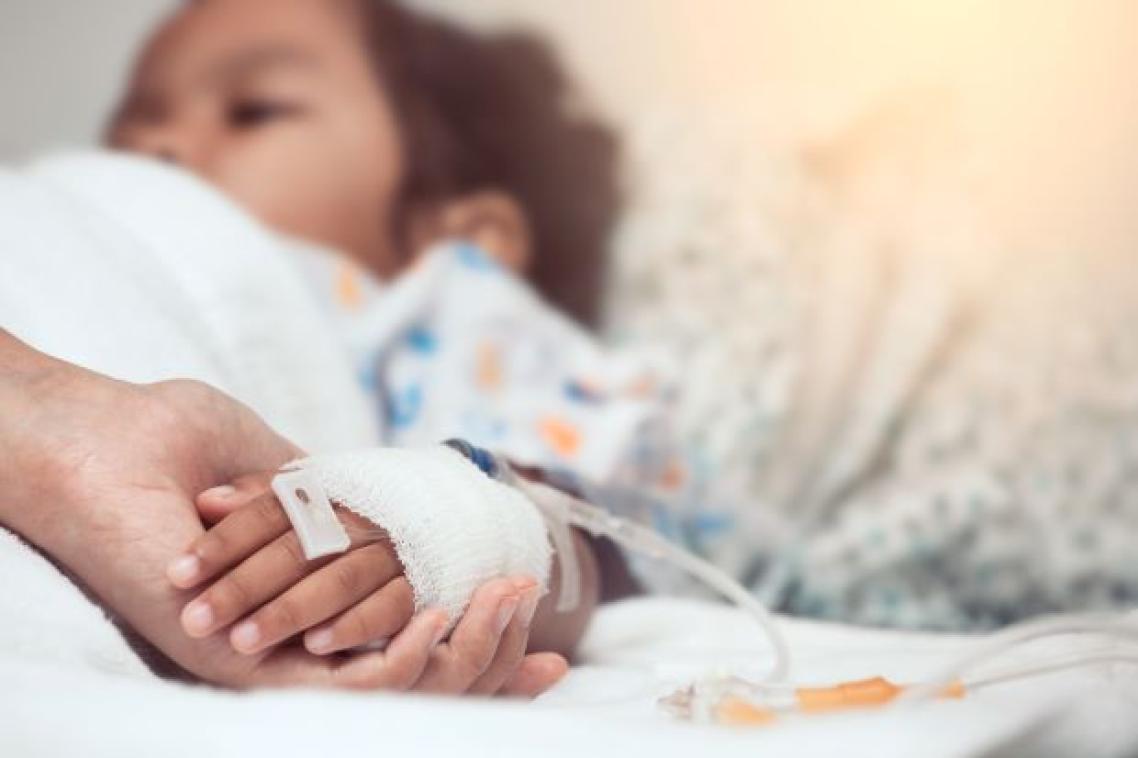UQ research investigates how to stop painful chemo for kids

Stopping children undergoing chemotherapy from feeling pain and other debilitating side-effects is the focus of research underway at The University of Queensland.
Dr Hana Starobova from UQ’s Institute for Molecular Bioscience has been awarded a Fellowship Grant from the Children's Hospital Foundation to continue her research to relieve children from the side-effects of cancer treatments.
“Although children have a higher survival rate than adults following cancer treatments, they can still be suffering side-effects well into their adulthood,” Dr Starobova said.
“A five-year-old cancer patient could be suffering severe pain, gastrointestinal problems, or difficulty walking 20 years on from treatment.
“There has been a lack of studies on children, which is an issue because they are not just small adults — they suffer from different cancers, their immune systems work differently and they have a faster metabolism, all of which affect how treatments work.
“Our aim is to treat children before the damage happens, so the side-effects are dramatically reduced or don’t occur in the first place.”
In her previous research, Dr Starobova found an anti-inflammatory drug substantially reduced nerve pain associated with a chemotherapy drug, and did not reduce the effectiveness of the cancer treatment.
Dr Starobova is currently analysing how specific drugs could prevent a cascade of inflammation caused by chemotherapy drugs, which lead to tingling and numbness in hands and feet, and muscle pain and weakness that makes everyday tasks, like walking and doing up buttons, a challenge.
She is focusing on acute lymphoblastic leukaemia, one of the most frequently diagnosed cancers in children, with more than 700 children diagnosed in Australia each year.
In collaboration with Brisbane's Queensland Children’s Hospital and Mater Children’s Hospital, and Perth’s Telethon Kids Institute, Dr Starobova and her team share a strong motivation to improve quality of life for children.
“We are studying the most commonly used chemotherapy treatment for children, which is a mix of drugs that are very toxic, but have to be used to treat the cancer fast and stop it becoming resistant to the drugs,” Dr Starobova said.
“It’s a fine balance — too little chemotherapy and the cancer won’t be killed but sometimes the side-effects are so bad, patients have to stop the therapy.
“I hope that by having a treatment to reduce side-effects, it will be one less thing for these kids and their families to worry about.”
Children’s Hospital Foundation CEO, Lyndsey Rice, said she was proud the Foundation could fund such vital research.
“No child should suffer pain from the treatment which is trying to help them," Ms Rice said.
"Dr Starobova’s research will make a tangible difference to sick kids.”
Image above left: Dr Hana Starobova from UQ’s Institute for Molecular Bioscience.
Media: Dr Hana Starobova, h.starobova@imb.uq.edu.au, IMB Communications, communications@imb.uq.edu.au, +61 (0)457 576 843.
Related articles

Australia needs doctors – so why are hundreds of qualified international physicians unable to work?

Greater attention needed on community service workforce
Media contact
UQ Communications
communications@uq.edu.au
+61 429 056 139
